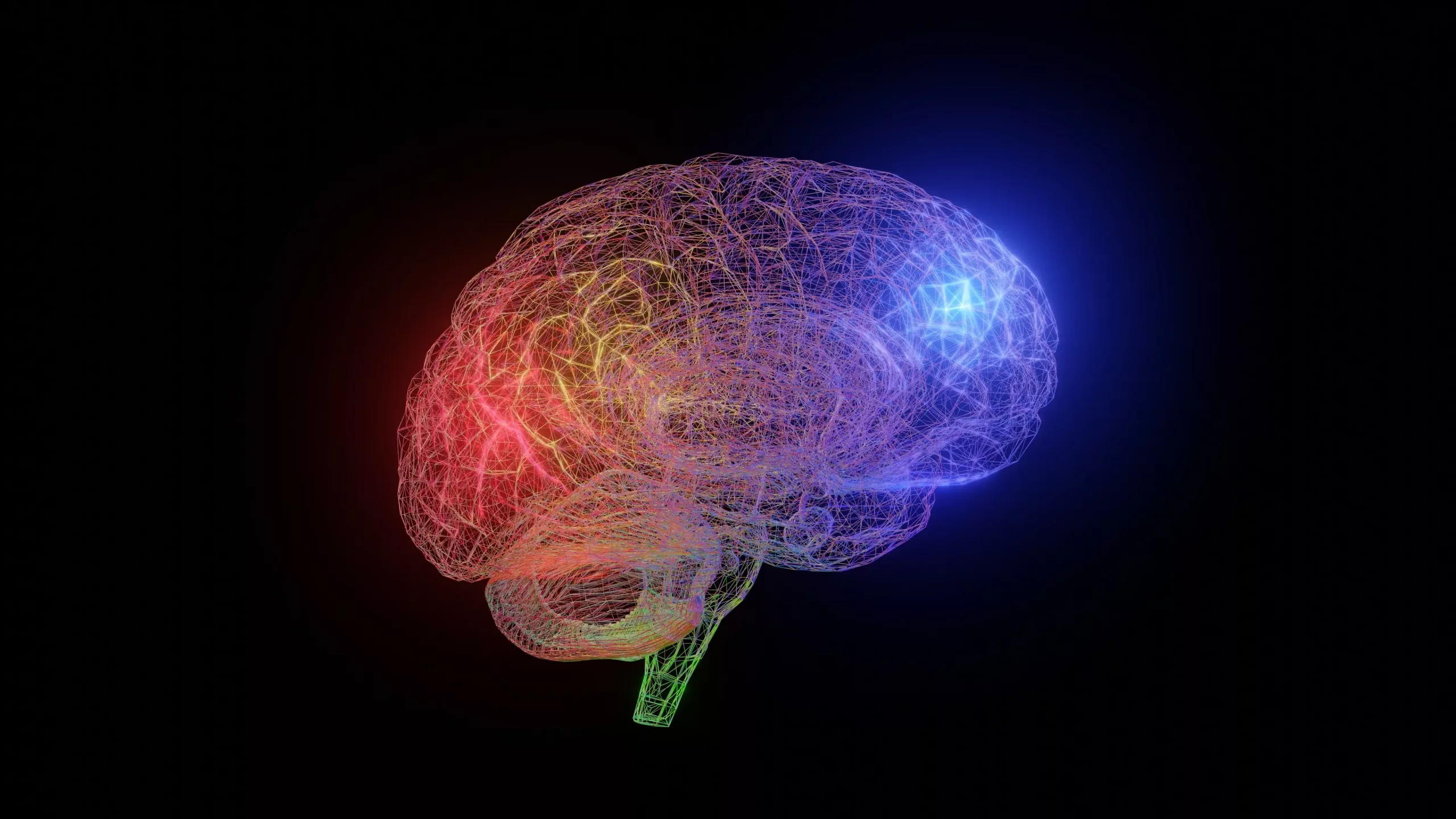Writing in the JULY/AUGUST 2016 ISSUE of The Atlantic, Moises Velasquez-Manoff describes a 13-year-old boy named Sasha who was admitted to a hospital with what could only be described as complete madness. Until a clever neurologist put two and two together and determined that the boy’s delusional behavior was an autoimmune variant of encephalitis, Sasha’s trajectory was so alarming that he was sedated and being fed through a tube.
“The idea that madness might have a discrete, biological cause—that it isn’t just in your head—stretches back at least to the late 19th century, when Europe’s asylums were full of delusional and demented patients suffering from neurosyphilis, a late-stage complication of the venereal disease. The notion that targeting the immune system could cure insanity also has history. In 1927, the Austrian psychiatrist Julius Wagner-Jauregg received the Nobel Prize for his ‘pyrotherapy’—whereby he deliberately infected patients with malaria to induce a fever. (His treatment worked for some patients, but a few unlucky ones died of malaria.)
“After languishing for almost a century, this idea has reemerged, prompted in part by observations linking the immune system to psychiatric symptoms. Scientists have found, for example, that simply activating people’s immune systems as though they were fighting a viral infection can cause profound despair and suicidal thoughts,” Velasquez-Manoff writes.
For years, scientists believed the brain was mostly cut off from the immune system by the so-called blood-brain barrier, and they lacked a clear mechanistic understanding of how the immune system could cause behavioral disturbances. “In 2007, Josep Dalmau, a neurologist then at the University of Pennsylvania, described a condition he called anti–NMDA receptor encephalitis, in which the immune system attacks a crucial receptor in the brain, producing severe neurological and psychiatric symptoms—including behavior sometimes compared to that of the possessed girl in The Exorcist. Scientists had previously noted that certain autoimmune diseases, such as lupus, were associated with psychosis. And they’d begun to suspect that some infections might, by activating the immune system, contribute to psychiatric conditions. But Dalmau provided meticulous proof that the immune system could attack the brain.”
While each of these autoimmune conditions is rare, the field of autoimmune neurology is expanding, and may force a reexamination of mental illness generally. Some scientists now wonder whether small subsets of depression, schizophrenia, and bipolar disorder may be somehow linked to problems in the immune system.
“Evidence exists to support this idea. Robert Yolken, a scientist at Johns Hopkins University, estimates that about one-third of schizophrenics show signs of immune activation (though he adds that this could be related to other factors, such as smoking and obesity). And autoimmune diseases are more common among schizophrenics and their immediate families than among the general population, which could hint at a shared genetic vulnerability. Immunological abnormalities have been observed in patients with bipolar disorder and depression as well.”





Leave A Comment